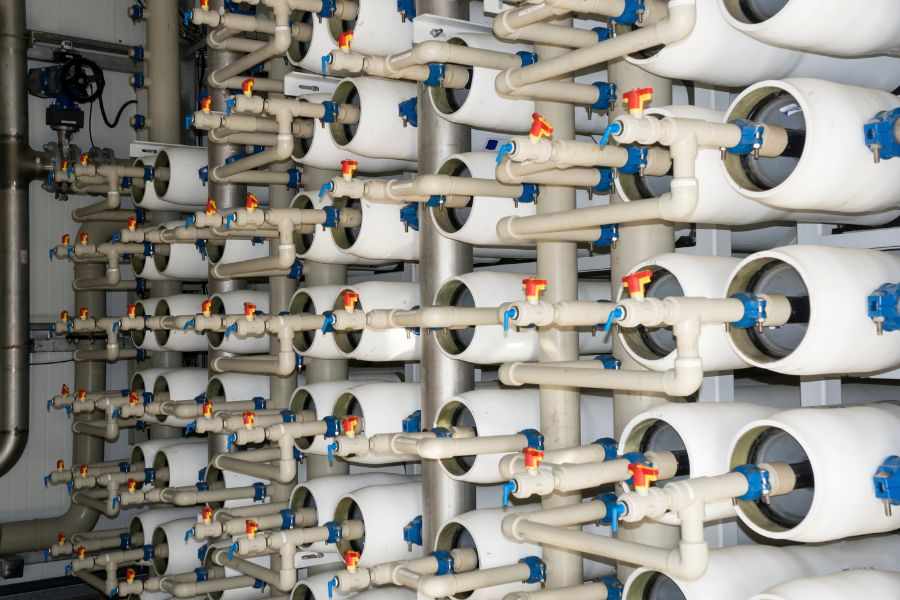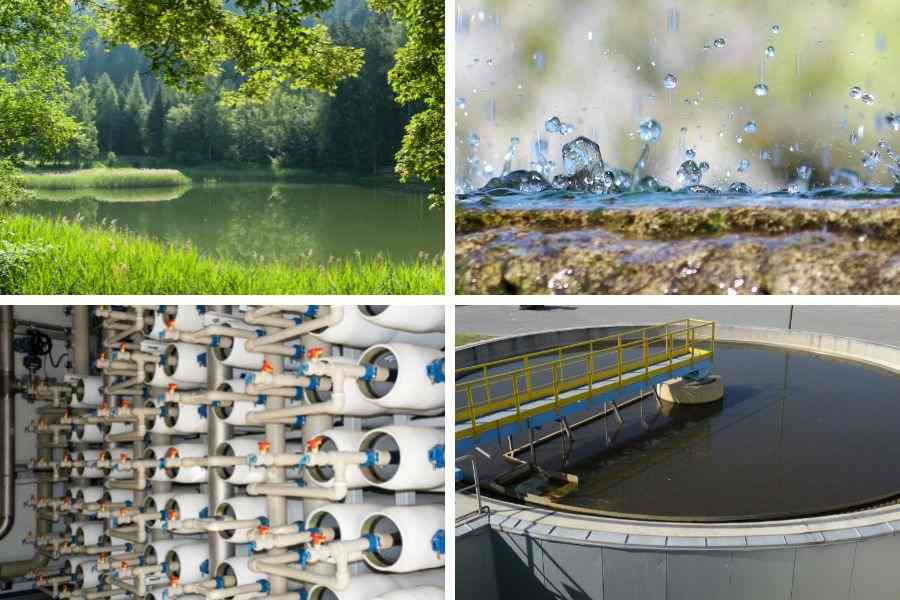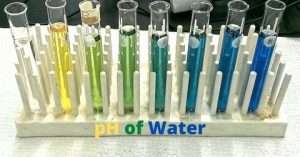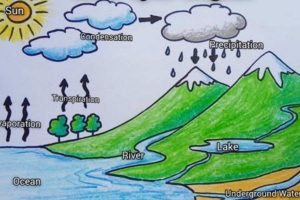Introduction to Sources of Water
Water is essential to our lives. Understanding its source is important as there are numerous sources, both natural and artificial, available that can be utilised for industrial, domestic, or agricultural uses.
Different water of Sources
1. Surface Water

The primary sources of surface water include rivers, lakes and ponds. It is also referred to as fresh water and is obtained from rain and snow. The surface water is used for various purposes, including irrigation, domestic use and entertainment. It is a source of hydropower energy, which is used to produce electricity.
2. Underground water
Another important source of water is groundwater, which refers to underground water that are found underground rock. The rock is the sediment layer containing water and can be refilled by rain or water flowing through the soil. Groundwater is often used for domestic and agricultural purposes and is an essential drinking water source in many regions.
Read this also:
+ What is the importance of water?
+ What is effects of water pollution?
3. Rain water

Rainwater is a natural source of water that is obtained from rainfall. It can be collected and stored for a clean and pure source of water and various uses. The collection of rainwater is a popular practice in many regions, especially in water-deficient areas. It is used for irrigation, domestic use and other non-carian purposes.
4. Desalinated Water

Desalination is the process of extracting salt and other minerals from sea water to create desalinated water, which is commonly used in areas, where we can not access the freshwater sources. The desalination process is costly and energy-intensive to run. The desalinated water is an important source for many countries around the world, particularly in the Middle East.
5. Waste water

Waste is another source of water that can be treated and reused for various purposes. It refers to water that has been used in homes, industries and other regions and contains contaminants like chemicals, bacteria and viruses. Waste water treatment involves removing these contaminants and securing water for reuse. Redempted wastewater is often used for irrigation & industrial purposes.
6. Storm Water
Stormwater flows from the roof, road and other surfaces during rainfall or snowfall. It can be collected and stored for various purposes, including irrigation, industrial use and underground water recovery. Stormwater management involves controlling the flow of stormwater and reducing the influence of flow on the environment.
Conclusion
Water is a valuable resource, used for countless purposes. To properly understand its sources – surface water, groundwater and rainwater – it’s essential to be familiar with their unique characteristics and uses. Maintaining these precious waters sustainably for future generations ensures their availability for us today and into the future.
Read this also:
+ How to prevent water pollution?
+ How much water on earth is freshwater?




